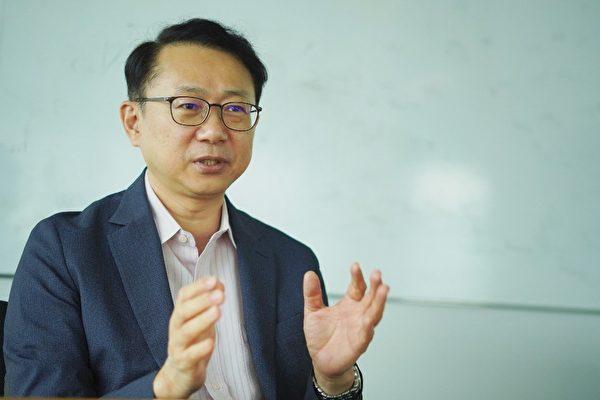To help avert the global shortage of semiconductor chips, South Korea’s Samsung Electronics Co, Ltd is considering expanding its manufacturing operations in the southwest of the United States. The leading yet unconfirmed location for this new plant, contingent on subsidies and access to electricity and water, is the city of Taylor in Williamson County, Texas. South Korean researchers are optimistic about this endeavor.
The White House met with chip companies and automakers in April, May, and finally, Sept. 23, pressing them to take the lead in solving the U.S. chip shortage. Participants included representatives from Apple, Microsoft, Micron, TSMC, Samsung, Intel, and Ampere Computing. Also in attendance were representatives from automakers General Motors, Fiat Chrysler, Ford, Daimler, and BMW.





